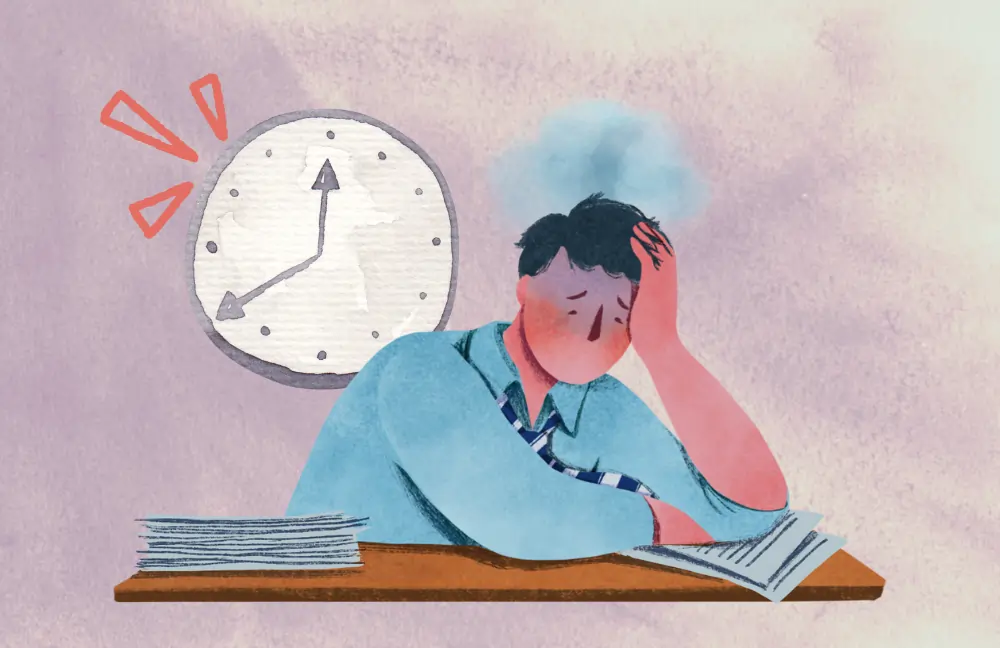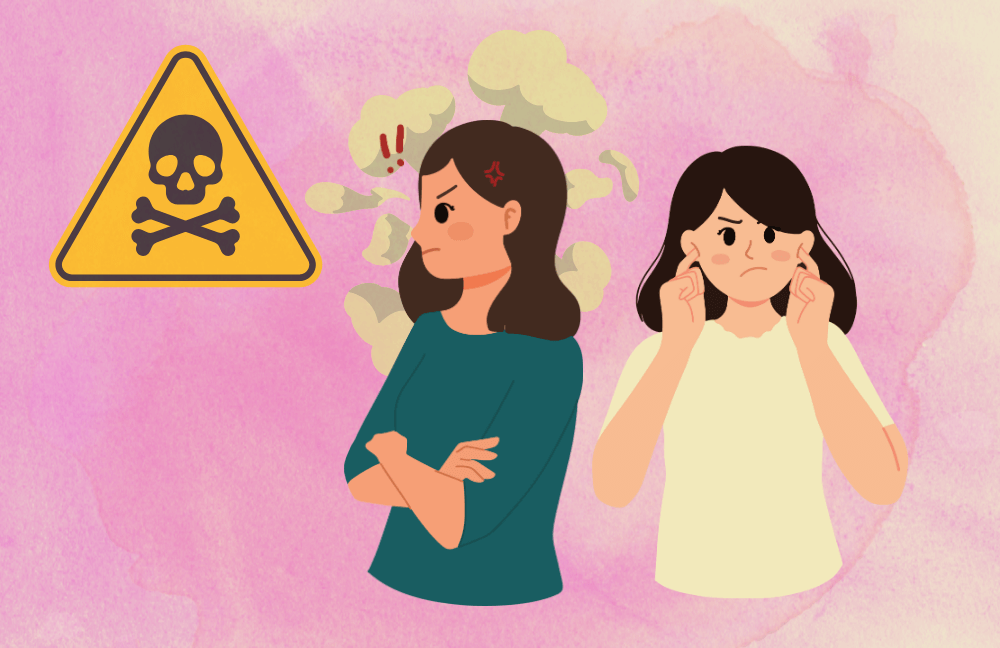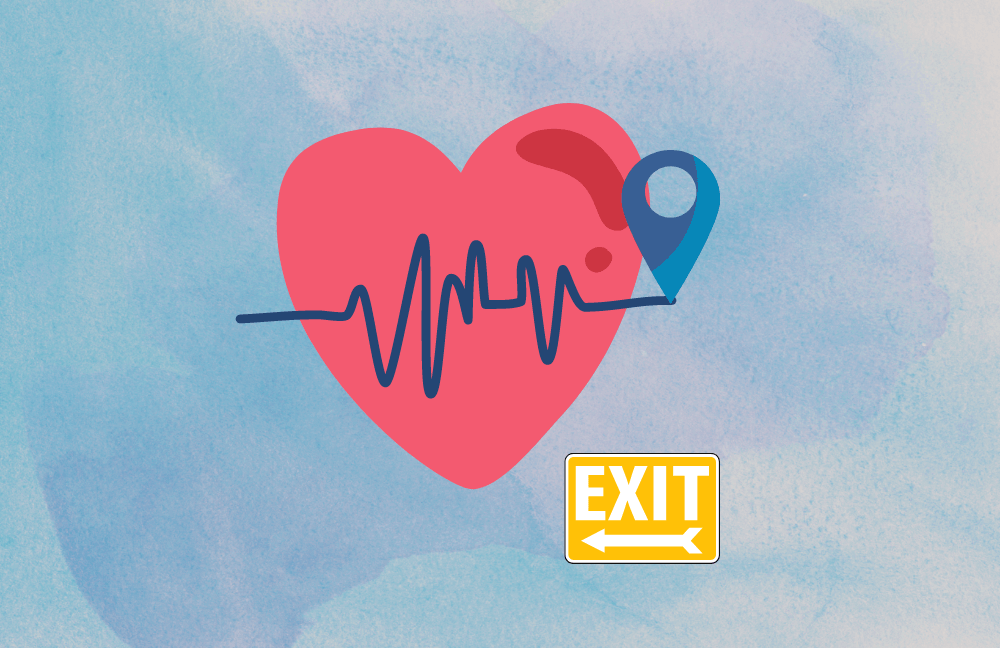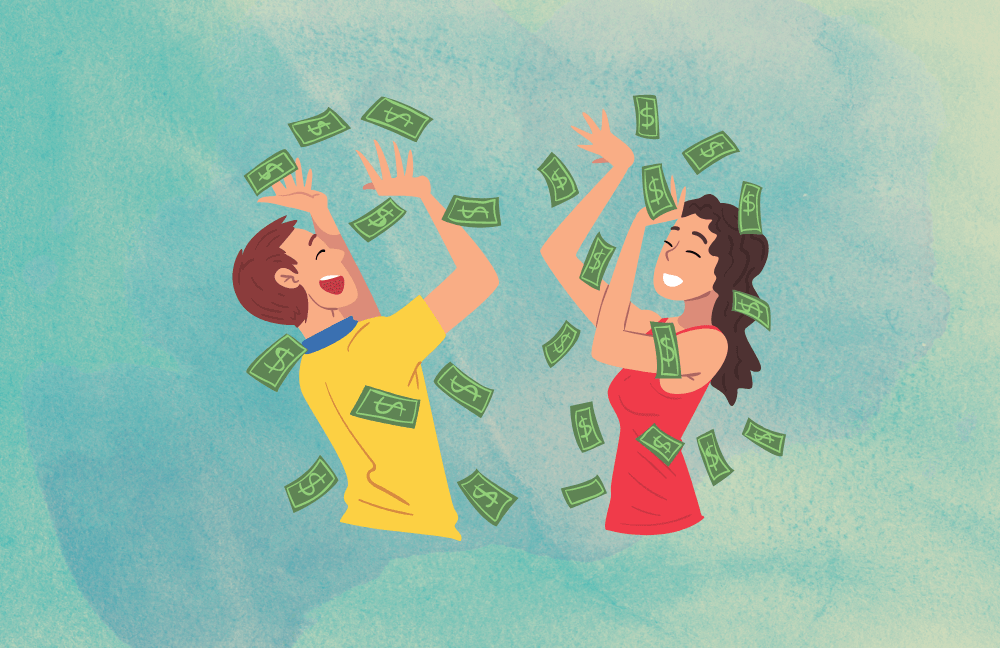
- Home
- About
- Book a Session
- Get Help
Personality
Relationships
Adult
Child
Schools
Corporates
- Do I need help?
- Trending
Positive thinking or optimism is a knack at seeing good in everything; including failure, grief and loss. If positive affirmations are learned and practiced, optimism becomes an automated choice. It’s a magical method of identifying and building your mental assets so that you attain happiness and satisfaction. If you appraise life meaningfully, feel blissful, and sense gratification from what you do, you are assured of wellbeing. That being said, life is not free of stress. And isn’t getting any easier by the day. What is the formula then, to envision life optimistically, appreciate meaning in everything and feel positive about life?
Pessimism also has a formula. It gets built over time and life experiences. Let’s see what transpires in the human brain when something untoward or unwanted happens. Like the growl of a bear when you’re camping in the jungle. Obviously you cannot think positive at that time and negative thoughts are likely. What do you do then?
It’s normal (and very wise) to run for your life in this situation. The brain gears into action, releases the stress chemical ‘cortisol’, and cranks up the flow of adrenaline. This in effect raises your heartbeat and blood pressure, makes you sprint faster than ever before, and puts all your senses on red alert. You become hyper sensitive to the sight or sound of anything that might resemble a bear. You assume the worst. You are stressed. But you’re safeguarding yourself from a stressor that demands that defense. You are doing what is right.

Let’s now see what happens when things go wrong back at home? There are no bears in the city (in most localities at least). Yet many of us react to life’s adversities as if these setbacks are angry grizzly bears outside our door. Memories of the few difficulties we’ve faced in life persist, and we generalize them to every situation.
With time and reappearance of hardships (which is normal in today’s life), the brain reorganizes the cells to react strongly and dysfunctionally to the slightest difficulty, as if it were a wild bear attack. As a result, positive thinking or optimism become impossible. We complain, feel worked up, get aggressive, angry, sad or anxious. We’re certainly not happy. And the imaginary bear controls the mind. He’s fictional, he’s not even there. How then can you over power him? Pessimism becomes your coping style with time.
“When you believe you’ll fail, you pick the unreasonable choice to not even try. It makes you feel safe and in control. You know you won’t be a winner, but you feel reassured that you’re not a loser. It’s twisted.”
- Shefali Batra
Positive thinking is more than blind self-affirmations in life that repeatedly say “it will be OK.” It is beyond the display of a bubbly temperament while battling anxiety and frustration from within. Optimism is an active, on-going and conscious choice of seeing things for what they are and appraising them without a negative filter. Of acknowledging the skepticism and being mindful of the thoughts that feed into it. And consequently, challenging negative thoughts with rationale and logic. So that you always see some good in the bad, and take learnings from the bad to not repeat it.
If you don’t like something, change it. If you can’t change it, change the way you think about it.
- Mary Engelbreit
Thinking about how you think is called metacognition. It’s a trait unique to humans. Often enough when some life event occurs, we voice our thoughts automatically without thinking too much about them. And we recurrently generate dysfunctional and purposeless narratives. Each time you think (or assume) something negative, you need to validate the authenticity of your assumption. Maybe it’s not real. Maybe it pessimism talking.
When you place events, behaviors, tastes and people in dualistic categories, you tend to see them as black or white, good or bad, and amazing or awful. Very few things in life are perfect. But if not, they aren’t awful either. By moderating perfectionism alongside striving for excellence, you can start thinking positively about everything and everyone. Even a flickering (often irking) bulb, does give some light and serves I purpose in a dark room. See the middle ground. And don’t feel sad that your life not white. Be glad it’s not black either. See it in shades of gray.
Constructive positive words in the vocabulary change the internal narrative and bring about alterations in the brain circuitry. This makes difficult situations seem less threatening, and protects us from anxiety and depression in the long run.
- Shefali Batra
Don’t make internal emotions conditional on external happenings. We tend to feel happy based on a certain score on a balance sheet; a specific make of a car, a targeted behavior from a friend or a particular size of clothing that fits. Understandably, the odds of being content become highly restricted, as the power to your happiness is now under outside control. The ‘if this happens, then I will be happy’ game won’t let you win, ever. Mindfulness can direct you to feeling content right where you are, with what you have. The time to be satisfied in life, is now.
“Your life is an ever-evolving recipe with thoughts as your ingredients. Happiness and positivity in life eventually depend on the quality of your thoughts.”
- Shefali Batra
A ‘rail-track mentality’ is about staying on a pre-destined trajectory. Like a train-ride. You’re not in control of the speed or stops or direction. There are intermittent halts. You can get off. Take a break, come back and hop on to the previously planned journey. This however, is far less likely to be as exciting as the ‘find my path through the forest’ one. Try not to have rigid and unshakable life expectations. The world is not perfect and if you expect it to be, dissatisfaction is likely. When you explore newer options and pave a fresh path for yourself, you make room for additional excitement and optimism.
Experience continues to be a great teacher, if you’re smart enough to take the lesson. Making mistakes isn’t the problem at all, repeating them is. Try not to fixate on blunders and oversights, or assume they’ll recur. Focus on learning what went wrong to make sure it doesn’t happen again. Nothing great was ever invented without errors (and repeated trials). Mistakes drive invention and creativity. They teach us all the wrong ways so that we value the right one. By redefining the past, we refine the present. The future then takes care of itself. Pessimism is beaten and optimism prevails. Know more Check your score





WhatsApp us